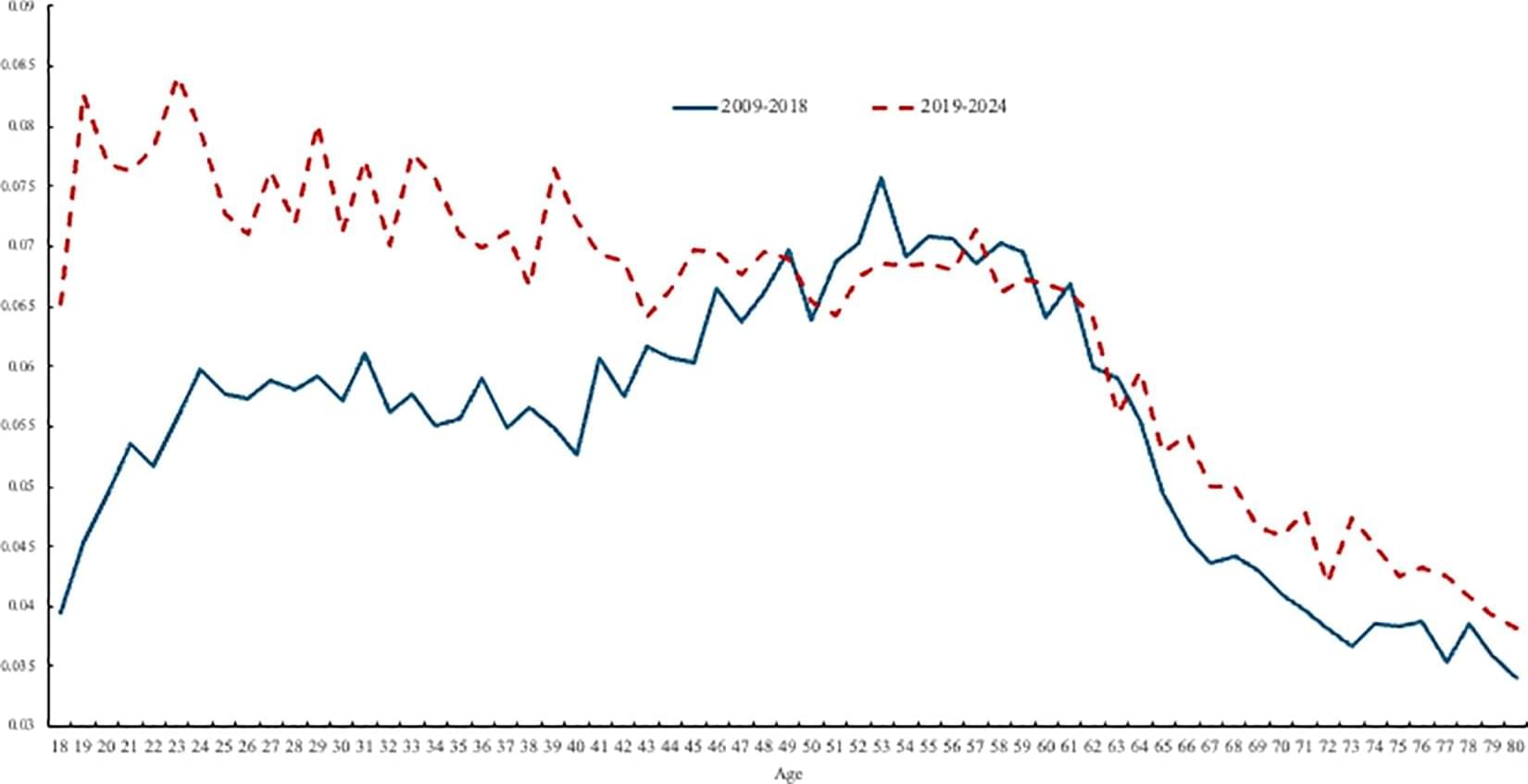University at Albany chemists have created a new high-energy compound that could revolutionize rocket fuel and make space flights more efficient. Upon ignition, the compound releases more energy relative to its weight and volume compared to current fuels. In a rocket, this would mean less fuel required to power the same flight duration or payload and more room for mission-critical supplies. Their study is published in the Journal of the American Chemical Society.
“In rocket ships, space is at a premium,” said Assistant Professor of Chemistry Michael Yeung, whose lab led the work. “Every inch must be packed efficiently, and everything onboard needs to be as light as possible. Creating more efficient fuel using our new compound would mean less space is needed for fuel storage, freeing up room for equipment, including instruments used for research. On the return voyage, this could mean more space is available to bring samples home.”
The newly synthesized compound, manganese diboride (MnB2), is over 20% more energetic by weight and about 150% more energetic by volume compared to the aluminum currently used in solid rocket boosters. Despite being highly energetic, it is also very safe and will only combust when it meets an ignition agent like kerosene.








